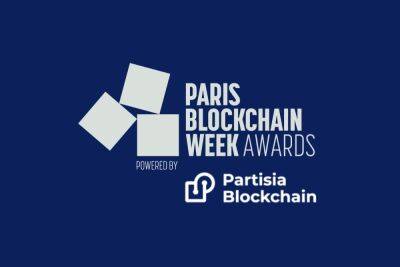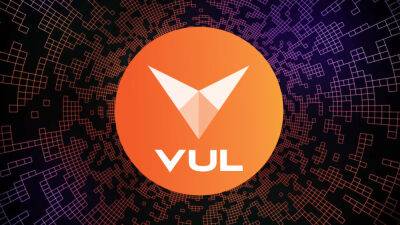Empowering global blockchain adoption and the internet for the modern age
Blockchain technology has been around for over a decade and has transformed many industries, from finance to supply-chain management to digital identity. It has the potential to revolutionize the way we live, work and transact in the near future. However, adoption is still far from the global scale that Web3 enthusiasts envision.
According to QuickNode’s co-founder and co-CEO Dmitry Shklovsky, blockchain has the power to reshape the way people live — starting with their online presence. A decentralized internet is the next evolutionary stage of the digital world, and blockchain has the power to bring this to reality.
Q: How do you see blockchain technology revolutionizing the way we live, work and transact in the near future?
On the highest level, blockchain technology has the potential to evolve most of our daily processes and how we fundamentally transact with institutions and each other. From DeFi to supply-chain solutions to digital identity and keeping records on a public ledger, the use cases for blockchain are limitless — and we’ve only just begun to scratch the surface. Many people consider a crypto wallet as “your passport to the internet.” Looking ahead, we see passports, licenses, car keys, voter registration, art collection, loans, deeds, educational certifications and membership cards all in the same place — seamlessly accessible, interoperable and secured by cryptography.
Q: What are some of the key benefits of a decentralized internet compared to a centralized one?
A decentralized internet reduces intermediaries and enables direct peer-to-peer transactions, making it trustless, secure and more equitable. The current centralized model is siloed and full of institutional gatekeepers, who monetize user
Read more on cointelegraph.com


 cointelegraph.com
cointelegraph.com
![Stacks [STX]: A 165% 7-day rally, will the bull run continue in March? - ambcrypto.com](https://finance-news.co/storage/thumbs_400/img/2023/2/24/57139_hchtb.jpg)








![VeChain [VET] price prediction: Will this altcoin continue its bullish run? - ambcrypto.com - Beyond](https://finance-news.co/storage/thumbs_400/img/2023/2/24/57113_b1k.jpg)

![Cosmos [ATOM]: Is it the right time to short? Analyzing… - ambcrypto.com - city Santiment - city Santimentthis](https://finance-news.co/storage/thumbs_400/img/2023/2/24/57102_scxy.jpg)
![Bitcoin [BTC]: Why a hashrate hike will favor the bears - ambcrypto.com](https://finance-news.co/storage/thumbs_400/img/2023/2/23/57089_uoaw.jpg)
